Curriculum Lead: Nadia Khanum
Intent:
At Bridge Learning Campus, Religious Education (RE) is delivered as an engaging, thought-provoking, and enjoyable subject that inspires pupils to inquire, reflect, and explore the fundamental questions of life. Through the Opening Worlds curriculum, we aim to develop our pupils’ understanding of the diverse religious beliefs, worldviews, and cultural practices that shape our society, while nurturing their own sense of identity and respect for others.
RE at Bridge Learning Campus plays a key role in promoting pupils’ social, moral, and cultural development. By exploring different beliefs and viewpoints, children learn to appreciate diversity, think critically, and develop the skills and attitudes needed to thrive in a multicultural world.
Our RE curriculum also actively supports British values by teaching the concepts of democracy, the rule of law, individual liberty, and mutual respect and tolerance. We aim to prepare our pupils to be responsible, informed citizens who can contribute positively to their communities.
Implementation:
At Bridge Learning Campus, Religious Education is delivered using the Opening Worlds curriculum, which provides a coherent, knowledge-rich framework that builds pupils’ understanding progressively. Lessons are carefully sequenced to develop key concepts and vocabulary, enabling pupils to make meaningful connections across different religions and worldviews.

We teach RE weekly, ensuring that each unit of study includes a balance of substantive knowledge (what different faiths believe), disciplinary knowledge (how to enquire and investigate religious questions), and personal reflection. Pupils are encouraged to ask questions, discuss ideas, and develop critical thinking skills through structured debates, collaborative tasks, and independent tasks. The curriculum emphasizes storytelling and creative expression, engaging pupils through discussions, debates, and reflective activities. We incorporate a variety of resources, such as religious artefacts and visits to places of worship, to provide meaningful and immersive learning experiences. Our teaching approach is inclusive and responsive, recognizing the unique backgrounds of our students and promoting an environment of mutual respect and understanding.
Our teachers use a range of high-quality resources: storytelling artefacts, and opportunities for discussion to bring RE to life and to help children appreciate the diversity of beliefs and practices in the world around them. Lessons are inclusive, respectful, and responsive to the needs of all pupils, ensuring every child is able to engage and progress.
Impact:
Through our high-quality RE curriculum, pupils at Bridge Learning Campus develop a secure understanding of key religious concepts, beliefs, and practices. They become increasingly confident in using subject-specific vocabulary and applying their knowledge to explore questions of meaning, identity, and morality.
Pupils demonstrate respect and appreciation for different religions and cultures, showing empathy and understanding in their interactions with others. They develop critical thinking skills and the ability to engage in meaningful discussions about moral and ethical issues. Through their learning, students become more empathetic and culturally aware, prepared to contribute positively to their communities. The curriculum also supports the development of key skills such as literacy and oracy, enhancing students’ ability to communicate effectively.
Our approach to RE supports pupils’ spiritual, moral, social, and cultural development, helping them to grow as responsible, tolerant, and active citizens who are well-prepared to thrive in a diverse and democratic society with an understanding of different religions and different worldviews.
Progression
- Religious Education – DfE Guidance
- BLC Progression
Opening Worlds Curriculum
Year 3
| Autumn 1 | Autumn 2 | Spring 1 | Spring 2 | Summer 1 | Summer 2 |
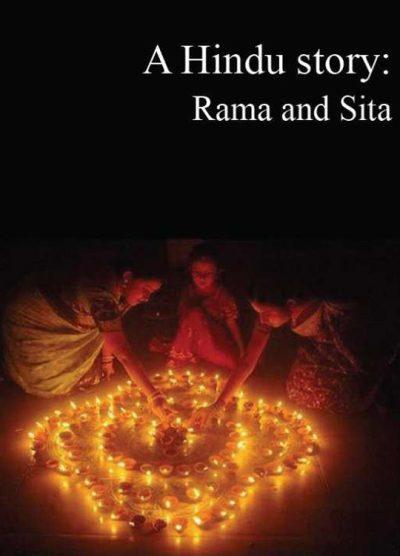 | 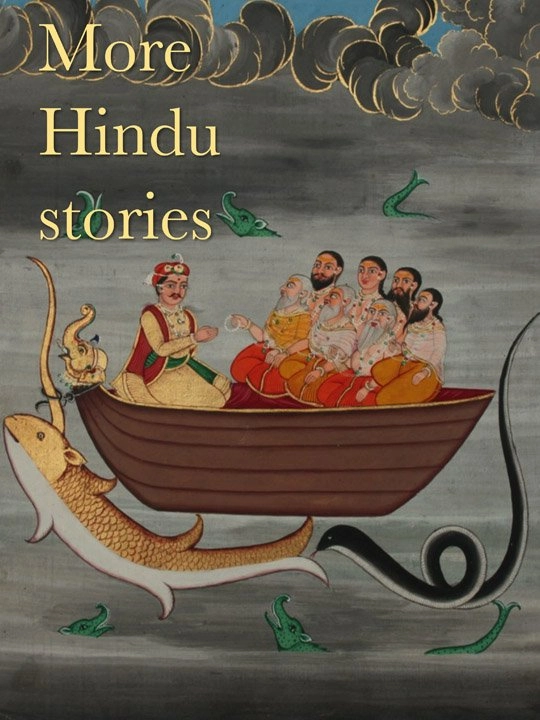 | 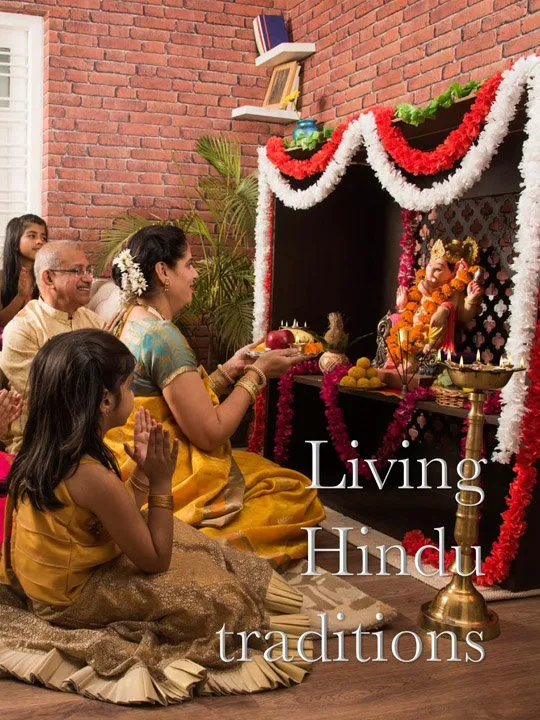 | 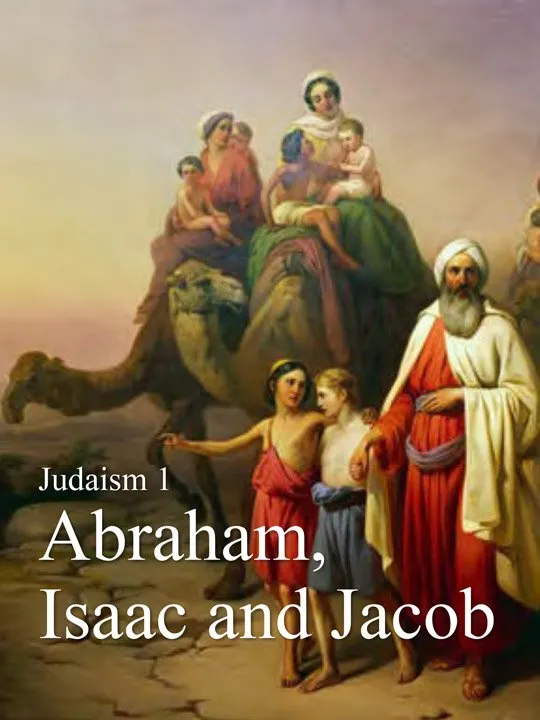 | 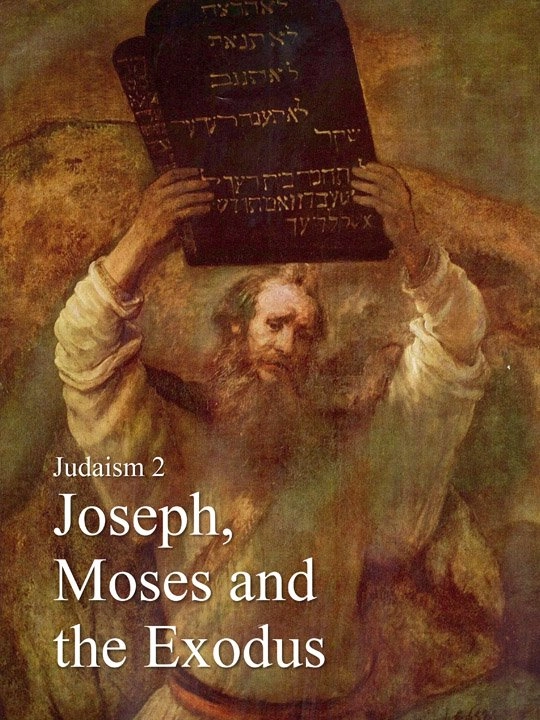 |  |
Year 4
| Autumn 1 | Autumn 2 | Spring 1 | Spring 2 | Summer 1 | Summer 2 |
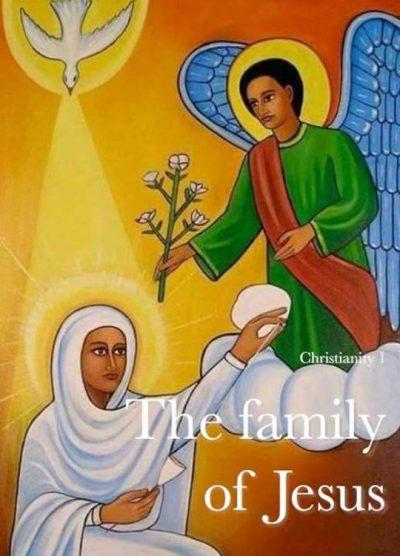 | 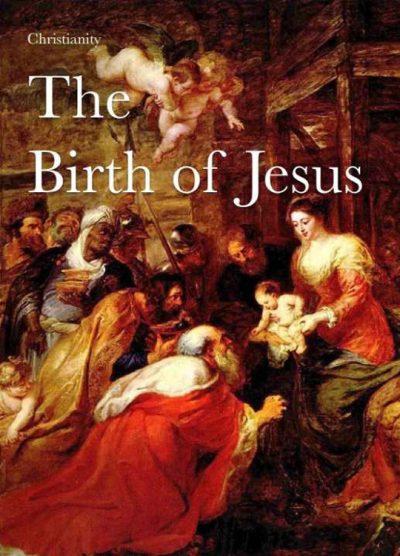 | 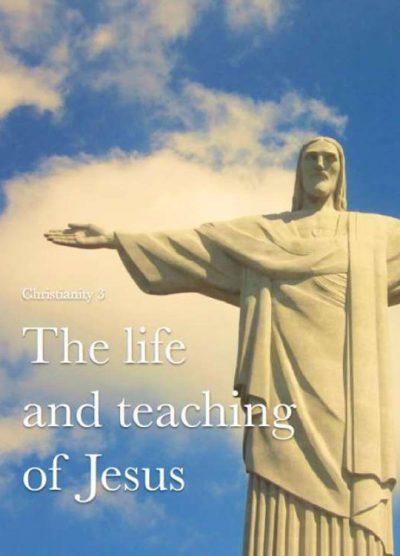 | 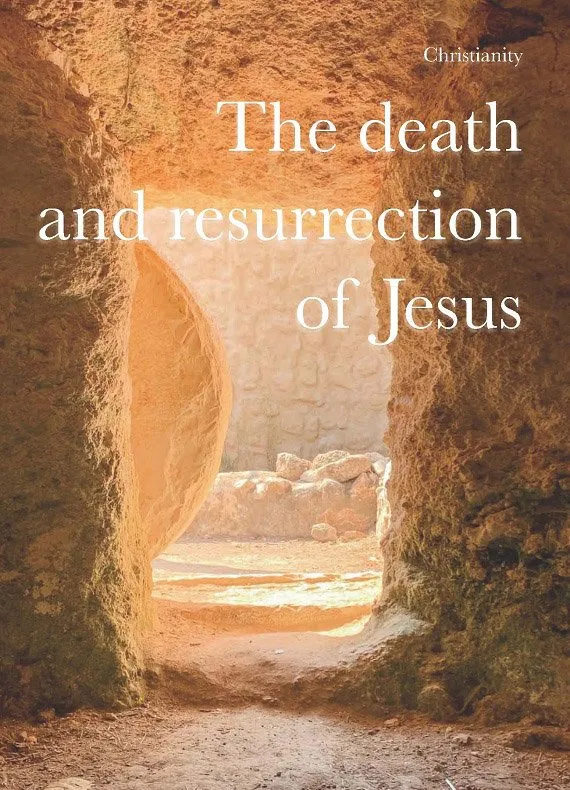 | 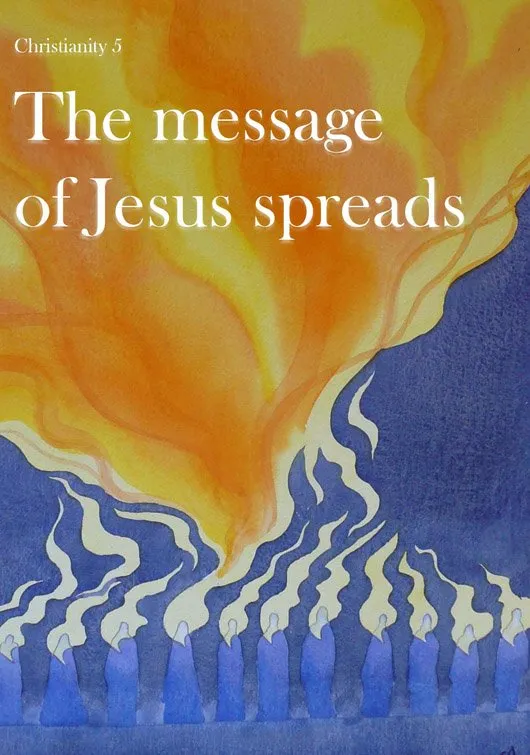 |  |
Year 5
| Autumn 1 | Autumn 2 | Spring 1 | Spring 2 | Summer 1 | Summer 2 |
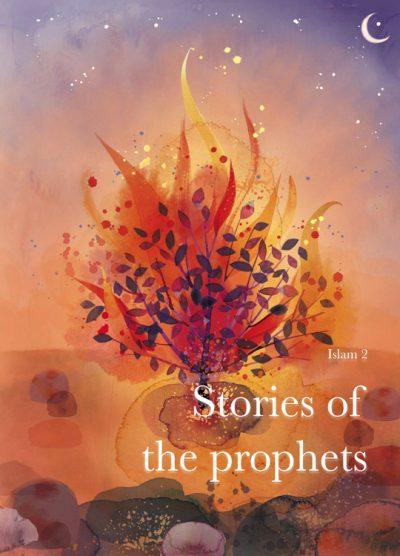 | 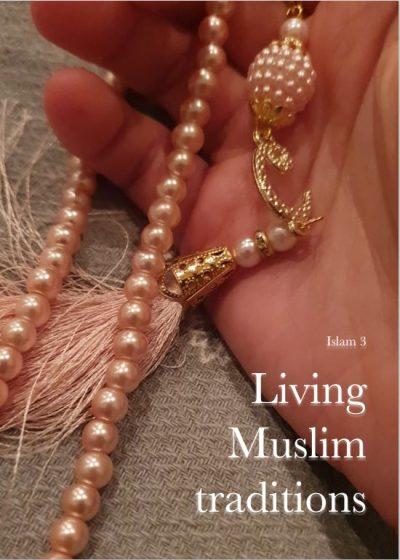 | 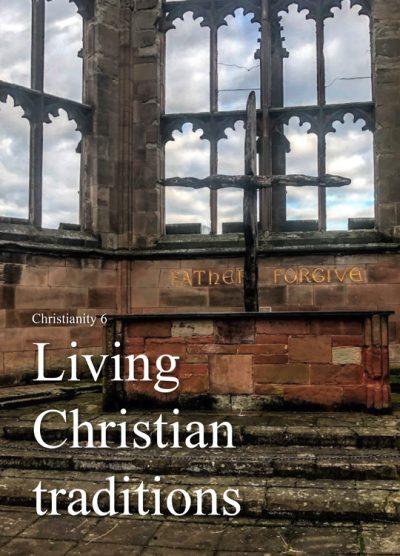 | 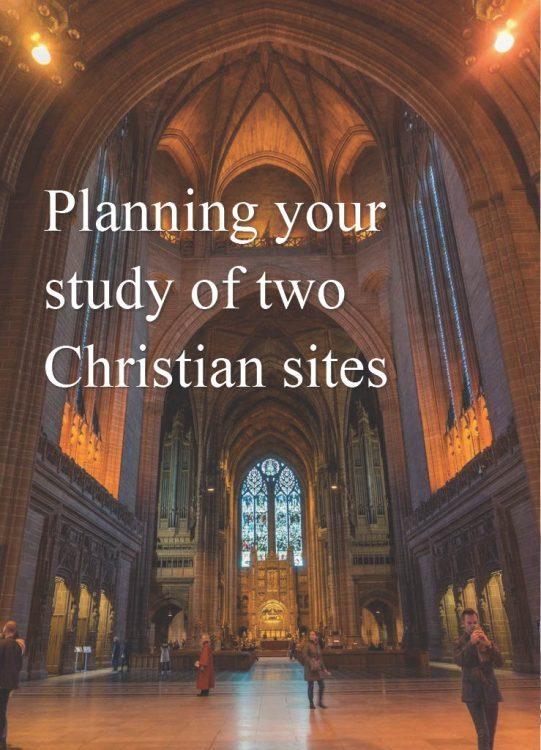 | 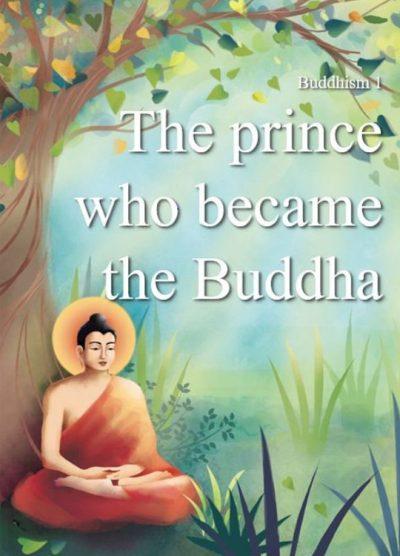 | 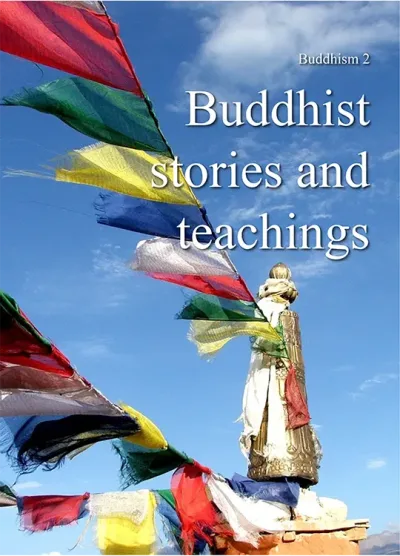 |
Year 6
| Autumn 1 | Autumn 2 | Spring 1 | Spring 2 | Summer 1 | Summer 2 |
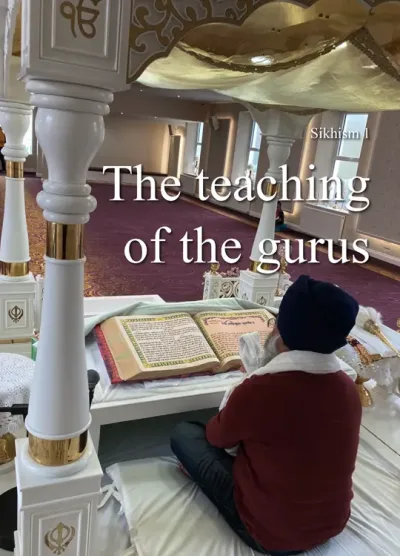 |  | 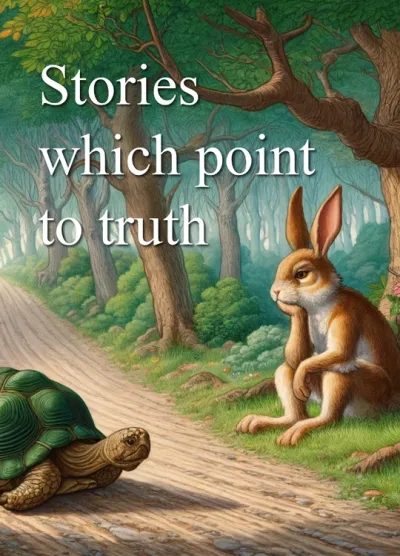 | 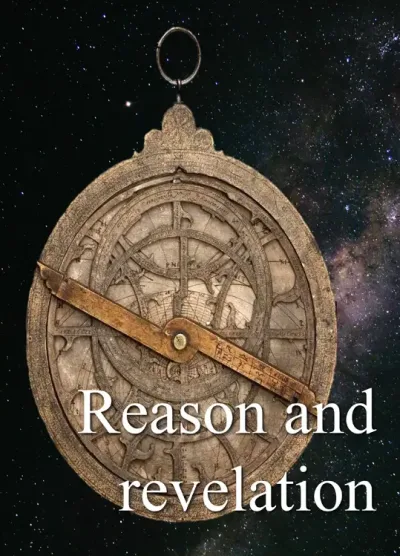 |  |
